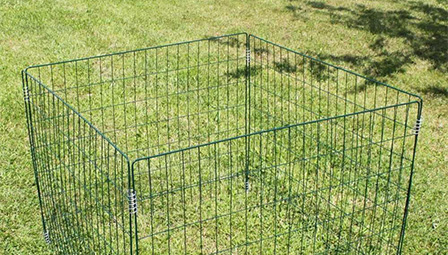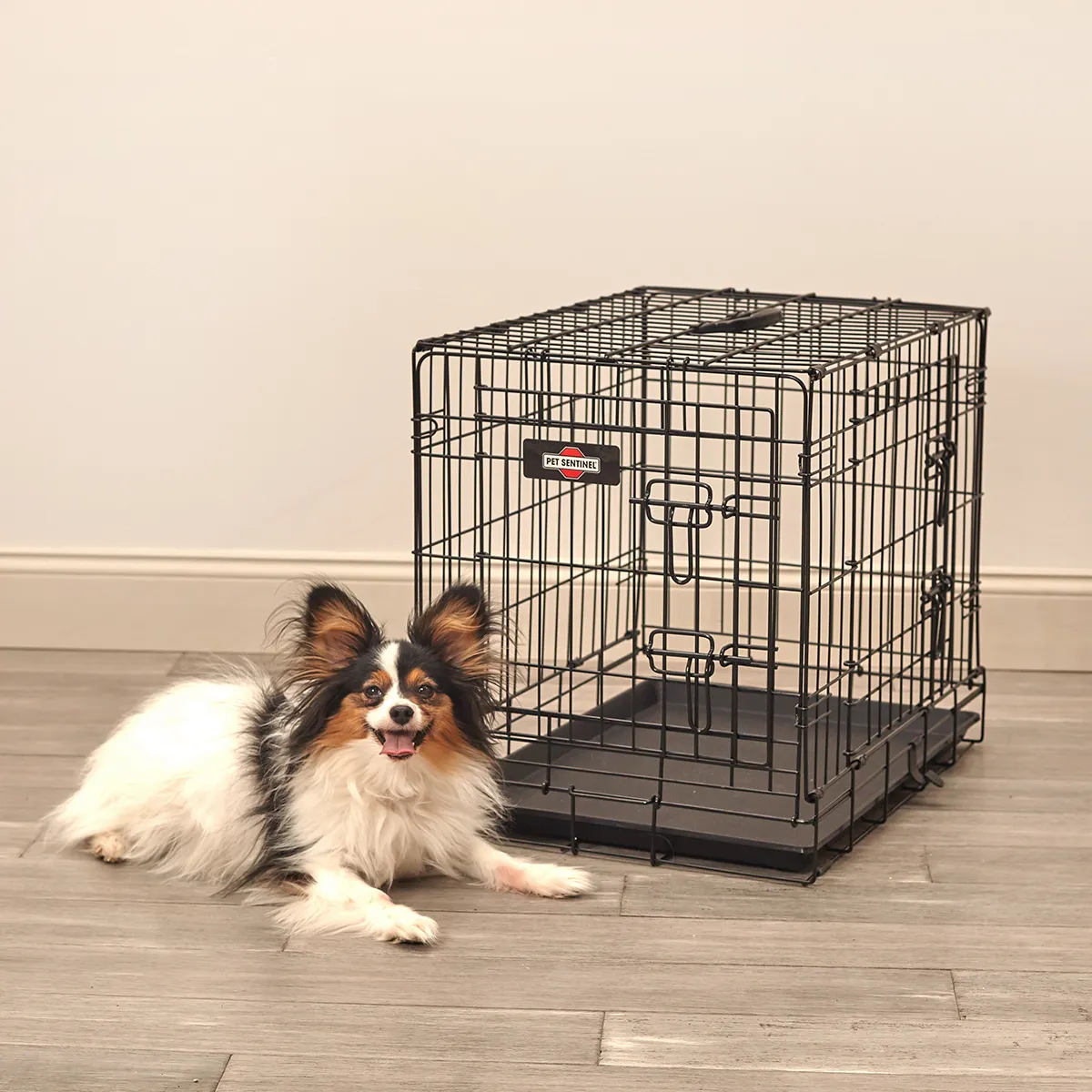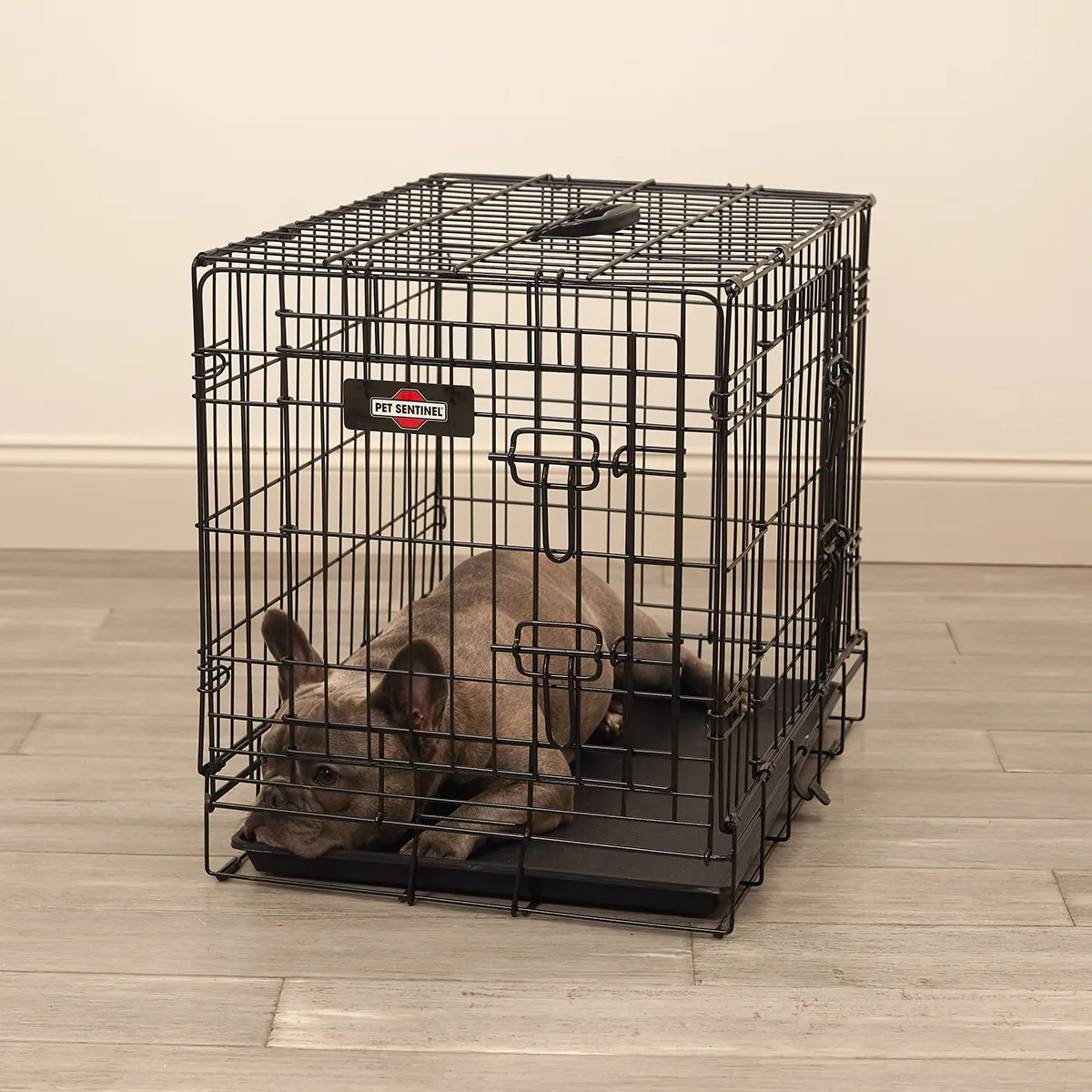Effective Strategies for Building a Secure Fence for Your Horses in Open Fields
Jul . 30, 2024 19:14
Field Fence for Horses Ensuring Safety and Security
When it comes to horse ownership, one cannot underestimate the importance of proper fencing. A well-constructed field fence is essential for the safety and security of horses, protecting them from escaping and potential dangers, while also controlling livestock movement and maintaining the integrity of the pastureland. Choosing the right type of fence for your horse field can make a significant difference in the well-being of your equine companions.
Importance of Fencing
Horses are naturally curious and spirited animals, often prone to wander if given the opportunity. A secure fence acts as a barrier preventing them from straying into roads or neighboring properties, which could lead to serious accidents. Additionally, good fencing helps keep predators at bay, providing peace of mind to horse owners who want to protect their animals from potential threats.
Types of Fencing for Horses
There are several types of fencing options available for horse owners, each with its own advantages and disadvantages. Here are some of the most commonly used materials
1. Wooden Fencing Traditional wooden fences (post and rail or board fencing) are visually appealing and provide a sturdy barrier. They are easy to see for both horses and humans, reducing the risk of injury. However, wood can rot over time and may require regular maintenance or replacement.
2. Wire Fencing High-tensile wire fencing provides a cost-effective option. It is durable and can withstand harsh weather conditions. However, it can be challenging for horses to see, which might lead to injuries if a horse runs into it. To address this concern, many owners choose to add plastic or vinyl railings to make the wire more visible.
3. Electric Fencing This option offers a cost-effective way to create boundaries without the bulk of traditional fencing. Electric fencing utilizes a low-voltage current to deter horses from attempting to cross. When installed properly and used with the right precautions, it can be very effective. However, it requires regular maintenance to ensure that it remains energized and can pose risks if not clearly marked.
field fence for horses

4. Polymer Fencing This modern alternative offers both durability and visibility. Polymer fencing is often designed to mimic the appearance of wood while being lighter and more flexible. It does not require as much maintenance as wood and is less likely to splinter. However, it can be more expensive compared to traditional materials.
Considerations for Choosing a Fence
When selecting the appropriate field fence for horses, several factors need to be considered
- Height The fence should be high enough to prevent horses from jumping over it. Generally, a height of 4.5 to 5 feet is recommended for standard horse breeds.
- Visibility Horses are more likely to avoid a fence that they can clearly see. Therefore, choosing materials that enhance visibility is crucial for preventing accidents.
- Maintenance Consider the amount of time and resources you can invest in fencing maintenance. Some materials require regular upkeep, while others are more resilient.
- Environment The local climate and terrain should also influence your choice. Certain materials may perform better in specific weather conditions or with particular soil types.
Conclusion
In conclusion, ensuring the security and safety of horses within a field environment is paramount for any horse owner. Selecting the right type of fencing not only protects the horses but also enhances the overall aesthetics of the property. By weighing the options and considering the needs of the horses, owners can create secure, effective, and visually pleasing enclosures that keep their equine partners safe and sound. Proper fencing is an investment in the well-being of both the horses and the peace of mind of their owners.









 Unity
Unity Creation
Creation Challenge
Challenge Contribution
Contribution










